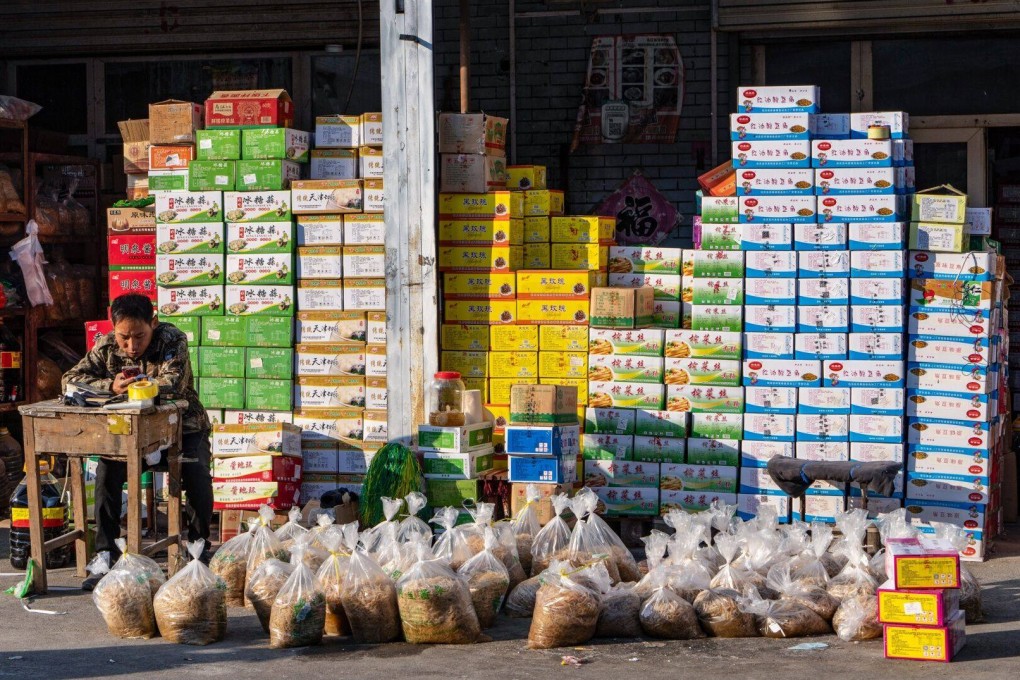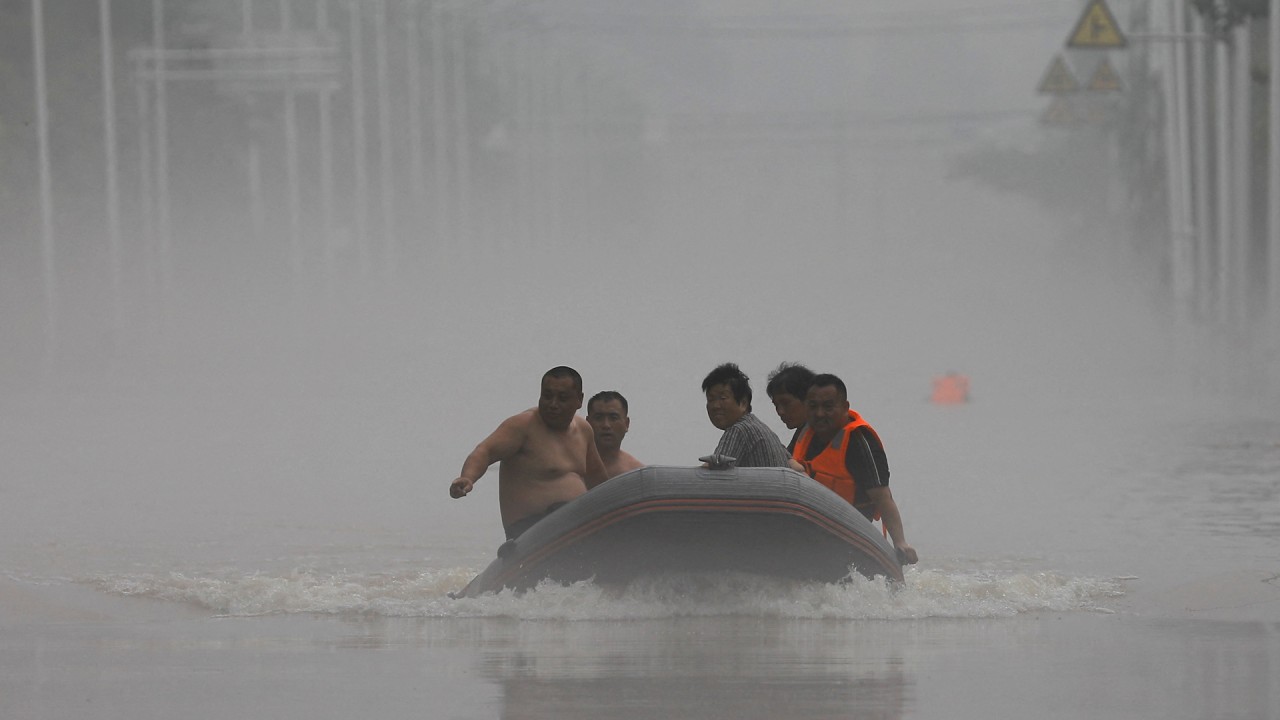China eyes food security boost, ‘bumper’ autumn harvest with funds for weather-hit regions
- China provides 238 million yuan (US$32.8 million) in emergency funding to aid recovery efforts in agricultural production in five provinces

China’s quest for food security is increasingly being challenged by extreme weather, as torrential rain and floods have battered much of the country in recent weeks, threatening productivity of a farming industry that already lacks efficiency.
The money is intended to help curb agricultural losses and “lay a solid foundation for a bumper autumn grain harvest”, which would account for the bulk of the year’s food output, said the Ministry of Finance and Ministry of Agriculture and Rural Affairs in a joint statement.
Increased occurrences of extreme weather events in recent years have compounded stress on China’s food self-sufficiency drive, which Beijing has placed unprecedented emphasis on to feed its 1.4 billion people amid an increasingly uncertain global market.
“We’ve been hit by natural disasters really frequently since 2020, which exerted a quite big impact on production of a series of staple foods including wheat and rice,” said an agribusiness analyst from central China who asked not to be named due to the sensitivity of the issue.

